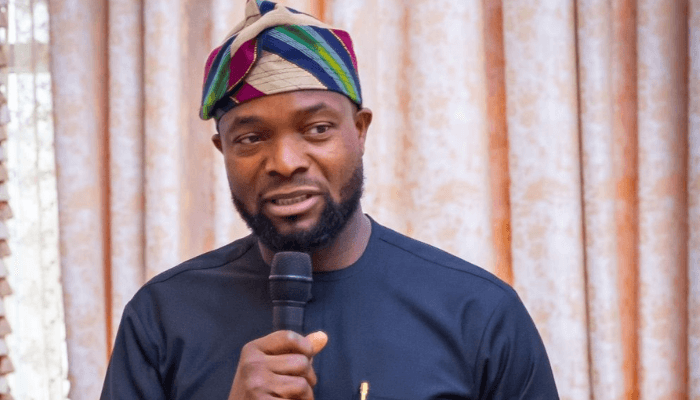Telecom users in Nigeria are bracing for higher charges as call rates, SMS, and data prices are set to rise by up to 60 percent under the new tariff structure.
Bosun Tijani, the Minister of Communications, Innovation, and Digital Economy, announced the anticipated hike, which will see the cost of phone calls climb from N11 to N18.33 per minute, SMS charges rise from N4 to N6.67, and 1GB of data priced at a minimum of N1,667.
During a recent interview on Housingtvafrica , Tijani addressed the ongoing push by telecom operators for a 100 percent increase in tariffs, stating that such a hike would be detrimental to Nigerians.

“It shouldn’t be more than anywhere between 30 percent to 60 percent,” the minister clarified, citing the need to strike a balance between industry sustainability and public affordability. He emphasized that a steep increase would harm the citizens who depend on telecom services to drive economic growth.
This development follows years of agitation by telcos, who have struggled with escalating operating costs in a harsh business environment. Over the past decade, these costs have surged by 300 percent, further compounded by the naira’s significant devaluation since 2023. The telcos have reported record losses, prompting them to push for a tariff adjustment to ensure the industry’s survival.,
READ MORE: Nigeria’s Power Sector Faces Major Setbacks in 2024: Tariff Hikes, Grid Failures, and More
MTN Nigeria’s CEO, Karl Toriola, acknowledged the Nigerian Communications Commission’s (NCC) sensitivity to the economic challenges faced by Nigerians. While expressing hope that the new tariff structure will address industry challenges, Toriola noted, “We are hopeful and optimistic that the realities are staring us in the face and the right decision will be taken for the sustainability of the industry.”
The government had previously signaled a readiness to allow moderate increases in telecom tariffs. In December, Tijani affirmed the necessity of a price adjustment, stressing that maintaining the status quo was no longer feasible given the mounting challenges faced by operators.

Despite the reduced scale of the hike compared to the 100 percent initially sought by MNOs, the proposed increases are expected to impact millions of Nigerians who rely heavily on telecom services for communication, business, and everyday activities. As stakeholders finalize the new tariff regime, the spotlight remains on how this adjustment will affect the country’s telecom landscape and its consumers.



